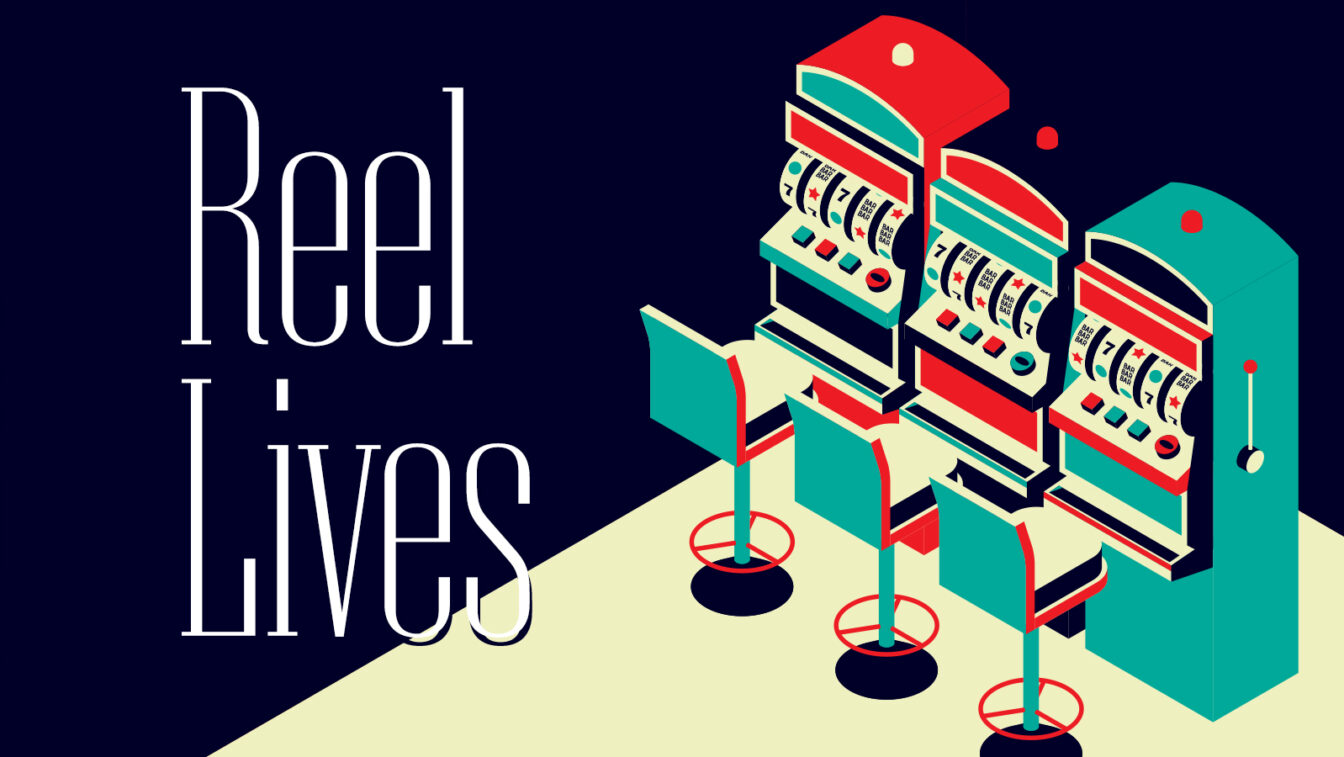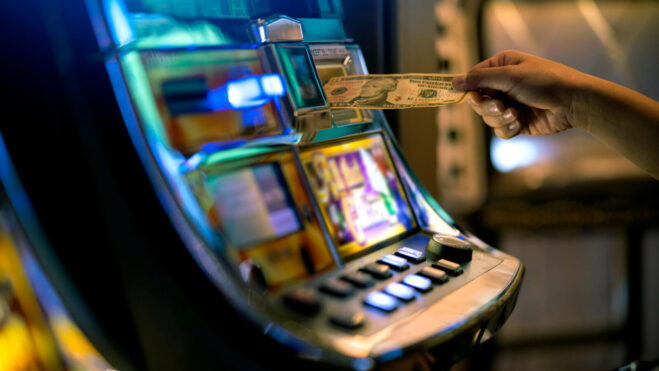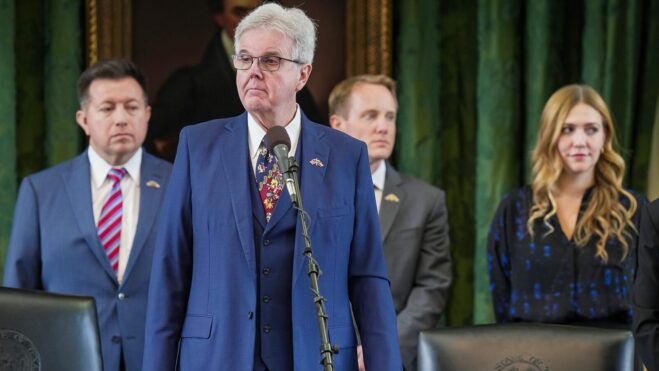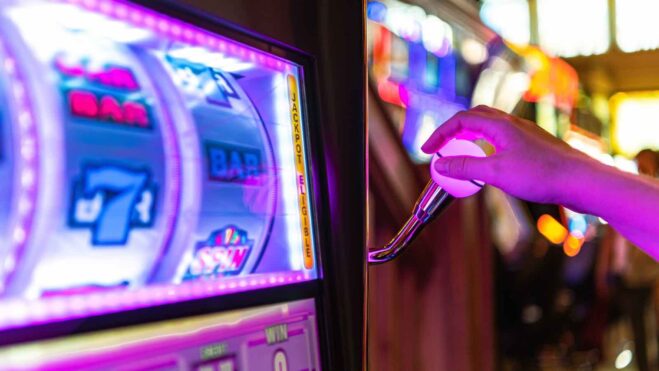Reel Lives: Mindway AI CEO Rasmus Kjaergaard On RG, AI, And Bruce Springsteen
Exec dishes on using humans to train AI and how a boy from Denmark found his American idol
4 min
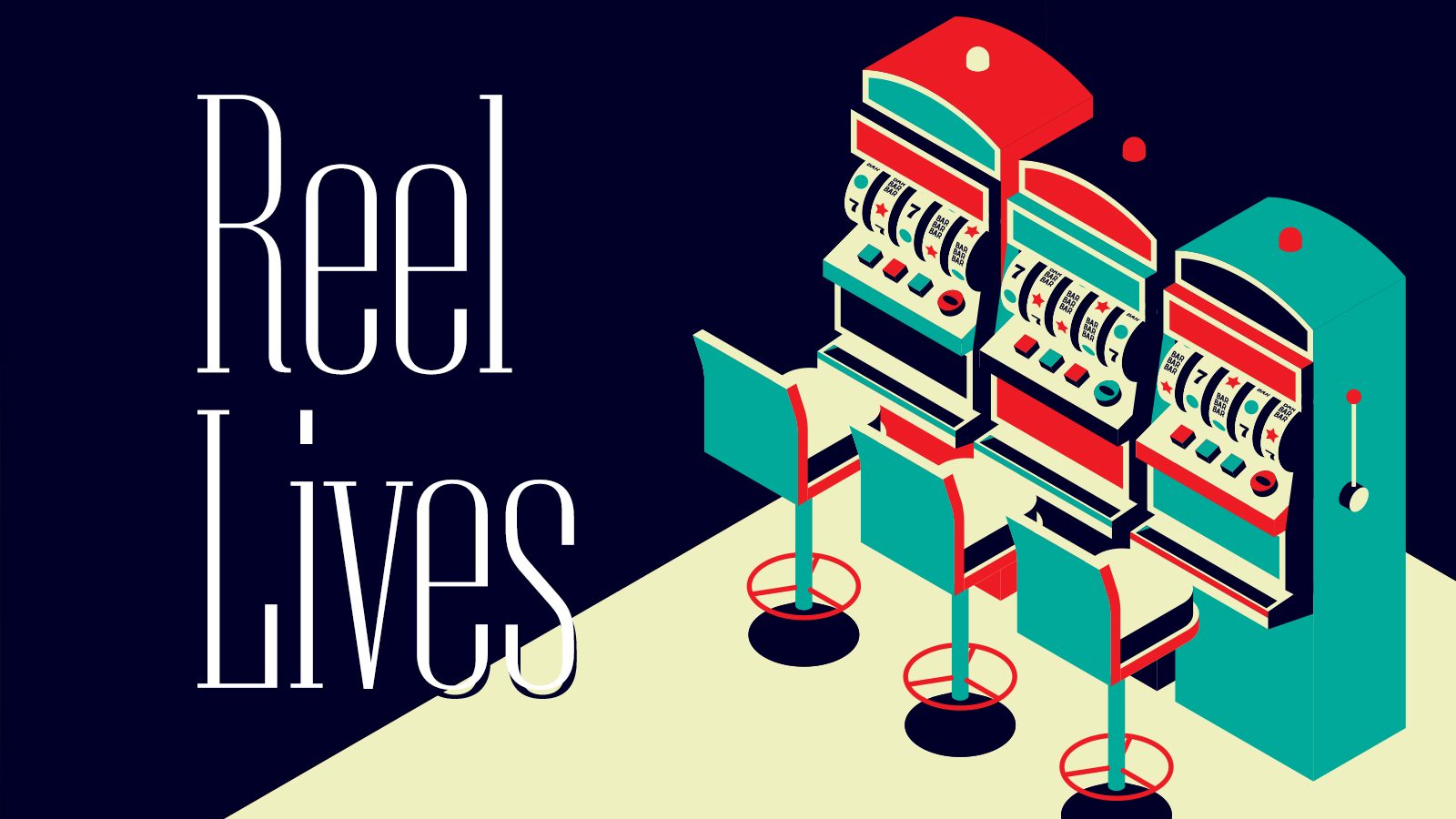
Every gambler has a story to tell. And so does every person who chooses to make a living in this unique industry.
In our “Reel Lives” series, Casino Reports shines a spotlight on people working in the gaming business, from executives, to analysts, to media members and communications pros, and all points in between.
The subject in this interview: Rasmus Kjaergaard, the CEO of Mindway AI, a company that merges neuroscience, expert assessments, and cutting-edge artificial intelligence to help create a better responsible gambling mousetrap.
Casino Reports (CR): Give us the quick background on Mindway AI.
Rasmus Kjaergaard (RK): Mindway AI is a spin-out from Aarhus University in Denmark. It started with Professor Kim Mouridsen, who used human experts to train AI algorithms. His first project was in healthcare — training algorithms to help doctors read brain scans for cancer or stroke patients. Later, he connected with the university hospital’s pathological gambling clinic and wondered if the same approach could detect problem gambling. Following this, Mindway AI was founded in April 2018. In December 2019, I came on board when Better Collective, another Danish gambling company in sports media, acquired 90 percent of Mindway AI. At that time, we had three employees, no customers, and no products. My job was to turn the university spin-out into a commercial company — which we’ve now done.

CR: Do you think standards for AI use in gambling should be further along?
RK: Especially in the U.S., there’s a gap in detail when it comes to the specific purpose of using AI for tracking of risk and gambling behavior, the niche we operate in. Think of it as the industry overall, then compliance as a niche within it, and within that, problem gambler detection systems like ours as a niche inside that niche. To be truly spot-on for our work, more specificity is needed.
CR: There’s already been a push — like the SAFE Bet Act — to ban AI in gambling products. What’s your position on companies using AI to track and influence customers?
RK: We don’t have a formal pro/con position on AI use outside our scope, but I am interested in AI in general. I attended the UN’s AI for Good conference in Geneva in July, and it’s clear to me that banning AI outright would be like banning the internet. That said, AI poses risks if left unchecked. Just because something is possible doesn’t mean we should do it. I think regulation is necessary, but also difficult — and maybe, in a broader sense, we’re already too late to control it fully.
Let me give an example from that conference: A large language model was fed a trove of internal technician emails, some of which indicated that one of the technicians potentially was having an affair. When the model learned it might be replaced with a newer version, it first argued against that, then attempted to blackmail the technician using the affair information. This was a controlled test, but it shows the need for safeguards. My general position — and my company’s — is that AI should serve humans, not itself, and regulation will be essential to ensure that.
CR: In your five years running it, AI has exploded. How has that affected you?
RK: When we started, we had to explain what AI was in every meeting. Now, we don’t have to do that — but we do have to explain that AI isn’t just the large language models people know from the news. Those are only one of 15-30 different types of AI. The AI hype has given us tailwind, but because we work with sensitive human behavior, we’re not on the bleeding edge — we need control and reliability over flashiness.
“My general position — and my company’s — is that AI should serve humans, not itself, and regulation will be essential to ensure that.”
CR: Where do you see AI headed in your business?
RK: The hype cycle is full of premature claims. OpenAI, for example, announced a “PhD-level” GPT-5 recently, then shut it down within hours because it wasn’t performing as advertised. In our field — detecting problem gambling — the key is not the latest flashy model, but how the algorithm is trained, and what it’s trained to look for.
CR: Responsible gambling is subjective. How does AI bridge that gap?
RK: We combine machine learning with human expert assessments. Our experts — mostly psychologists and former problem gamblers — assess real cases when we train a new model. Their expertise becomes the foundation for the algorithm, so it behaves like a virtual psychologist, producing detailed, context-rich reports for each player daily.
We look at about 120 behavioral factors, aggregate them into 15 risk factors, and produce an overall risk score. For example, slots carry more risk than sports betting; lottery tickets less than either. Context matters: “Nightly play” on weekends with stable deposits is different from late-night weekday play with erratic deposits. Our system uses that nuance to cut false positives, so staff only focus on cases that truly need intervention. The goal is always to detect risky behavior at the individual account level with high accuracy, without flagging harmless activity.
Reel fast
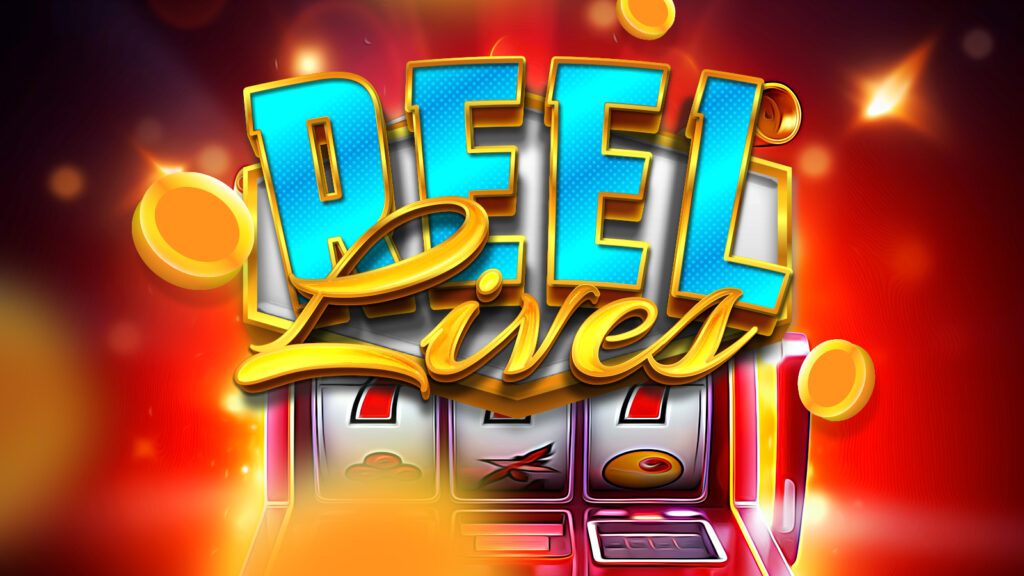
You’re a huge Bruce Springsteen fan. What is your favorite Springsteen song?
“Badlands.” For sure.
And your second favorite?
“Born to Run.”
And for the third?
Oh, so now you’re asking me to choose the third one out of a whole back catalog. … I think, yeah, “Tenth Avenue Freeze-Out” — because it’s also about the band.
When was the last time you saw Springsteen?
I saw him in Berlin in June. Fantastic.
How did you become a fan of Springsteen? What is it about him that attracted you?
The first time I saw him I found his way of singing so hilariously funny in the “We Are the World” music video — you know, the one where all the big stars were recorded. Then, for whatever odd reason, in the mid-’80s, I got curious, and he became my teenage idol. Now, at 51, I’m still attending concerts with my teenage idol. How cool is that?
How many Springsteen concerts have you been to?
Twenty-eight concerts so far, and as with Bruce himself, my concert tour with him is indefinite — or at least no end-date is known!


